Sustaining a gorgeous, weed-free yard in shaded areas is easier than you suppose with the suitable shade-loving perennials. These crops not solely thrive in low-light circumstances however as well as current pure flooring cowl that helps block weeds from taking root. With an expansion of textures, colors, and foliage shapes, these perennials ship life to shaded areas whereas requiring minimal repairs.
Hosta
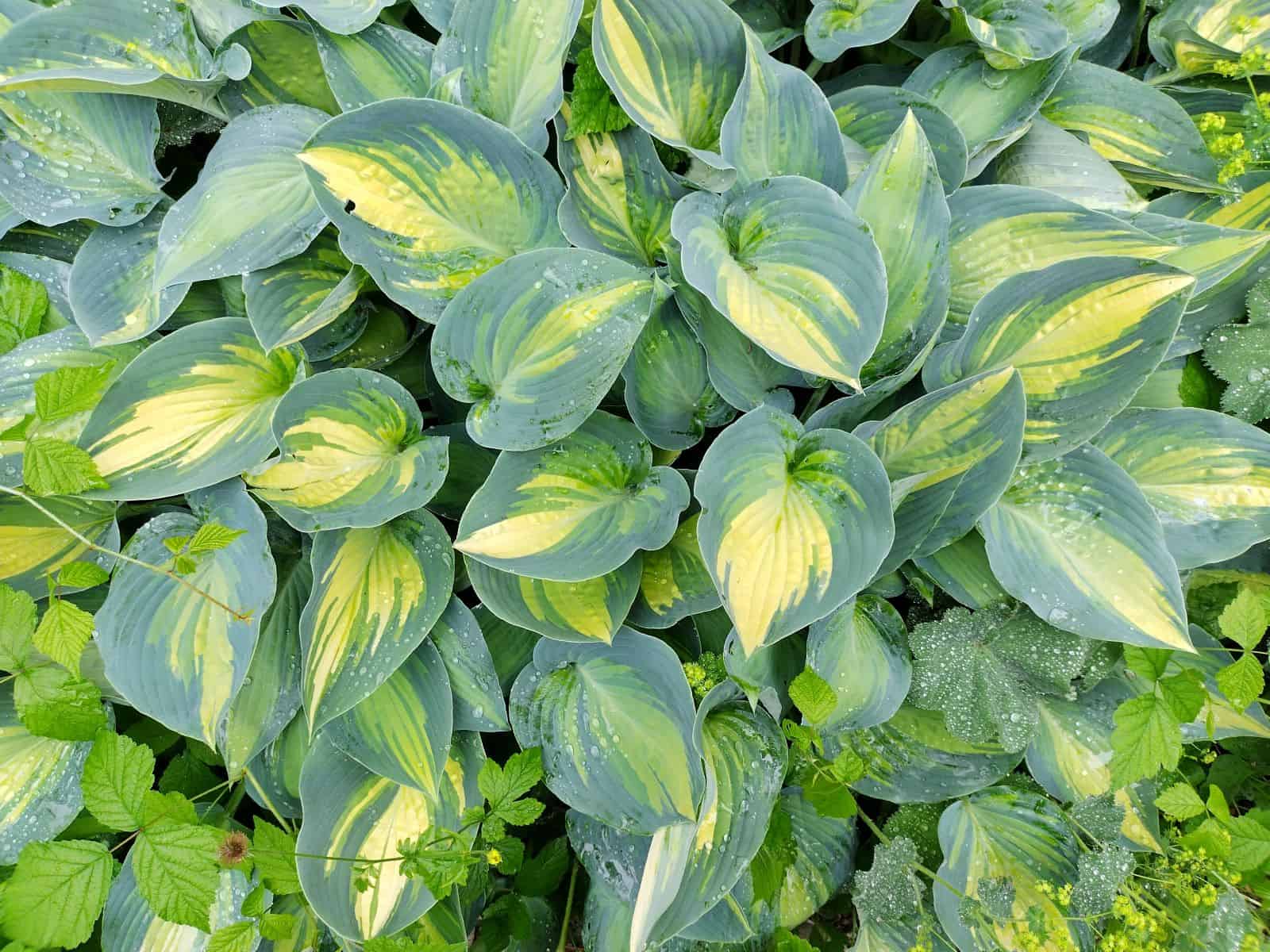
Hostas, with their broad, vibrant leaves ranging from deep inexperienced to delicate blue hues, current lush flooring cowl in shaded areas. It naturally block daylight, serving to to forestall weed progress beneath their dense foliage. As quickly as grown, hostas are fairly drought-tolerant and want solely occasional deep watering to thrive, though a superb soak all through dry spells retains them attempting their biggest.
Hardiness Zones – 3 to 9
Astilbe
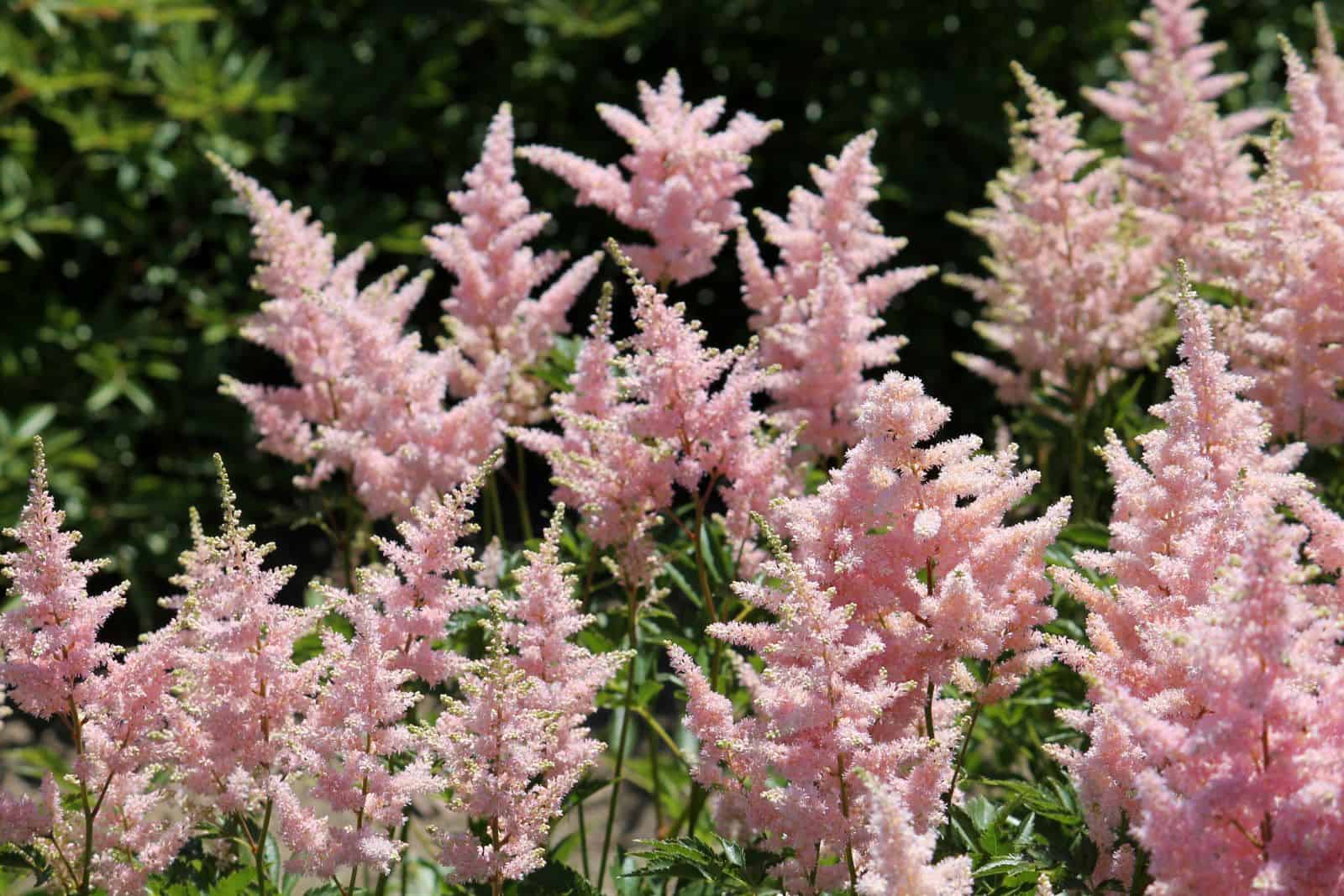
Astilbes add color to shady areas with their feathery pink, white, or purple blooms. Their thick clusters of fern-like leaves cowl the underside, making a pure barrier in direction of weeds. Astilbes moreover thrive in moist, shaded areas, making them very good for woodland gardens. These crops revenue from frequent watering in dry intervals to keep up the soil moist. To promote vigorous progress, trim once more spent blooms in late summer season.
Hardiness Zones – 3 to eight
Lungwort (Pulmonaria)
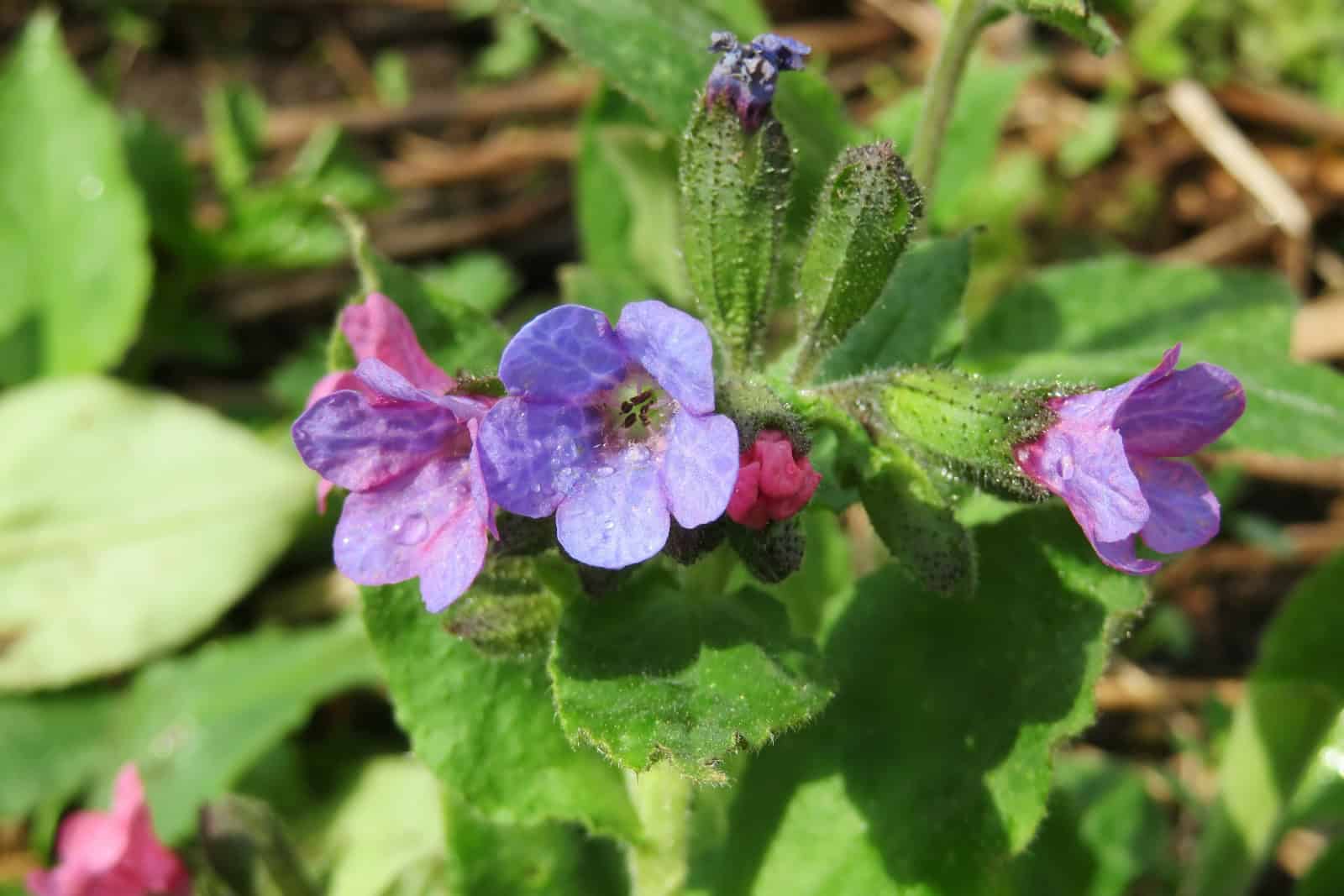
Lungwort’s observed leaves and delicate blue or pink flowers make it a singular different for shade gardens. With its thick, spreading clumps, Lungwort fills in bare areas, efficiently crowding out weeds. It requires minimal care previous occasional watering, significantly in drier months. Since Lungwort blooms early, deadheading flowers could assist protect a neat look and may encourage further progress.
Hardiness Zones – 2 to eight
Japanese Forest Grass (Hakonechloa)
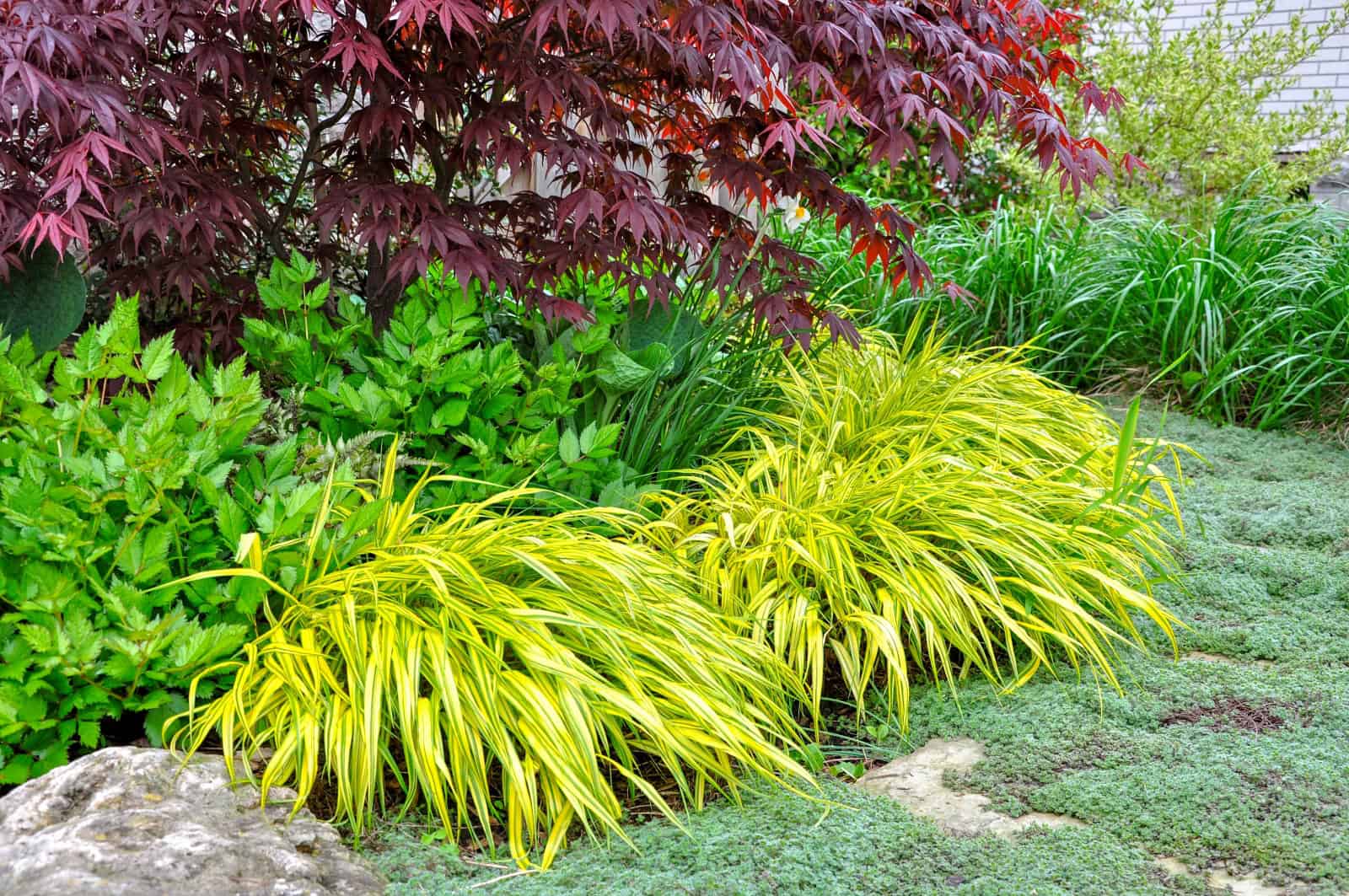
Japanese Forest Grass offers delicate, cascading foliage that brings movement to shady areas. Preferring moist, well-drained soil, Japanese Forest Grass benefits from frequent watering, significantly in hotter months. Its thick, arching leaves sort a mat over the underside, naturally stopping weed progress. Japanese Forest Grass works successfully as an edging plant or mass planting, providing a textured look to your yard.
Hardiness Zones – 4 to 9
Coral Bell (Heuchera)

Coral Bells add vibrant color to shaded spots with their rounded leaves, obtainable in shades of purple, inexperienced, and bronze. These perennials develop in clusters that naturally deter weeds, thriving biggest in rich, well-drained soil with a barely acidic to neutral pH. Full grown coral bells can cope with occasional dry spells nevertheless revenue from frequent watering in prolonged heat. Pruning pale foliage in early spring helps protect a neat, dense look.
Hardiness Zones – 4 to 9
Hellebore
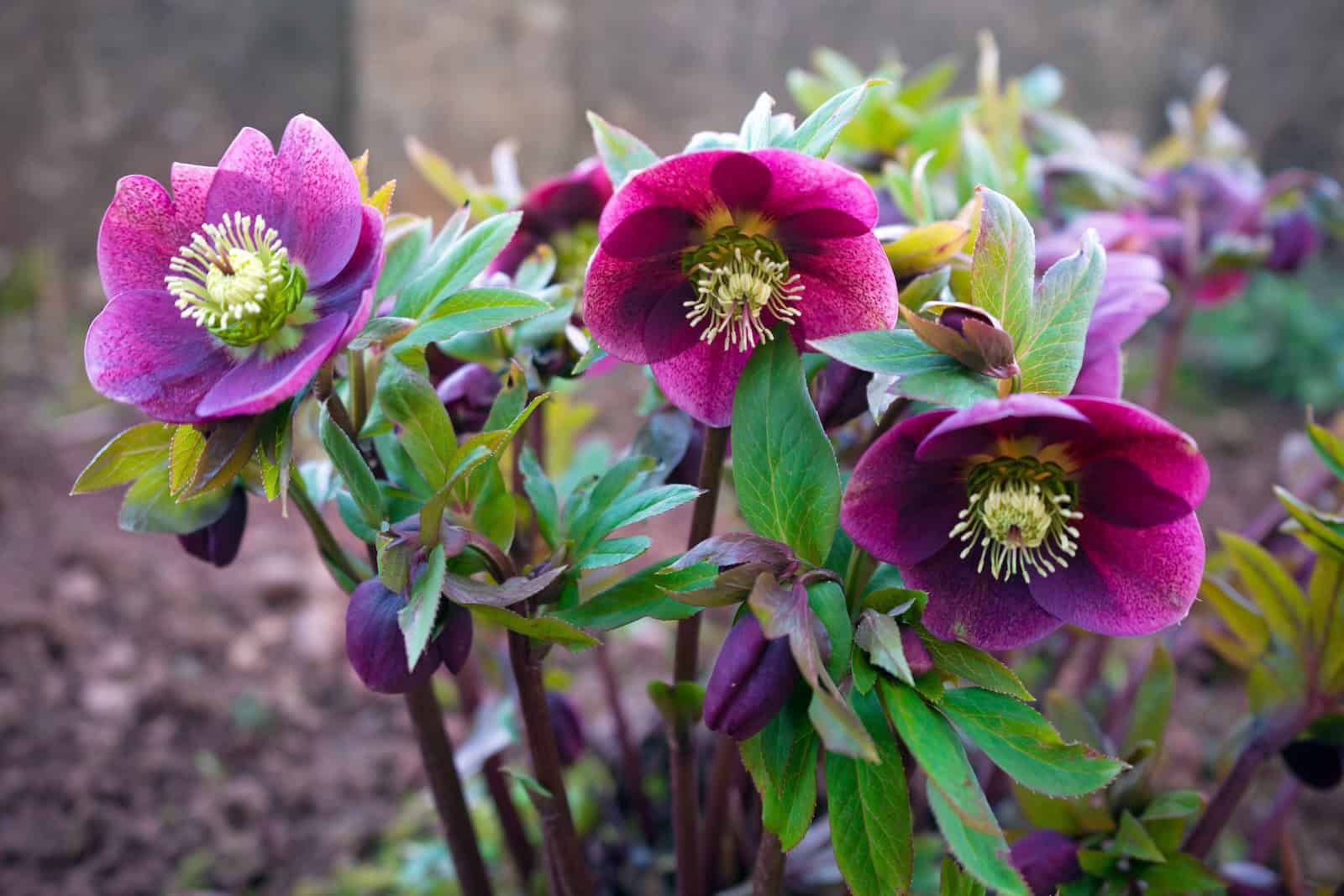
Hellebores, or Lenten roses, bloom early inside the spring with hanging flowers that add color to shaded areas. They are going to tolerate deep shade, thriving in low-light circumstances. Hellebores develop low to the underside, blocking weeds whereas conserving the underside cool. Moreover drought-tolerant, these are wise for low-maintenance gardeners and want little consideration previous occasional watering all through prolonged dry spells.
Hardiness Zones – 4 to 9
Lamium (Lifeless Nettle)
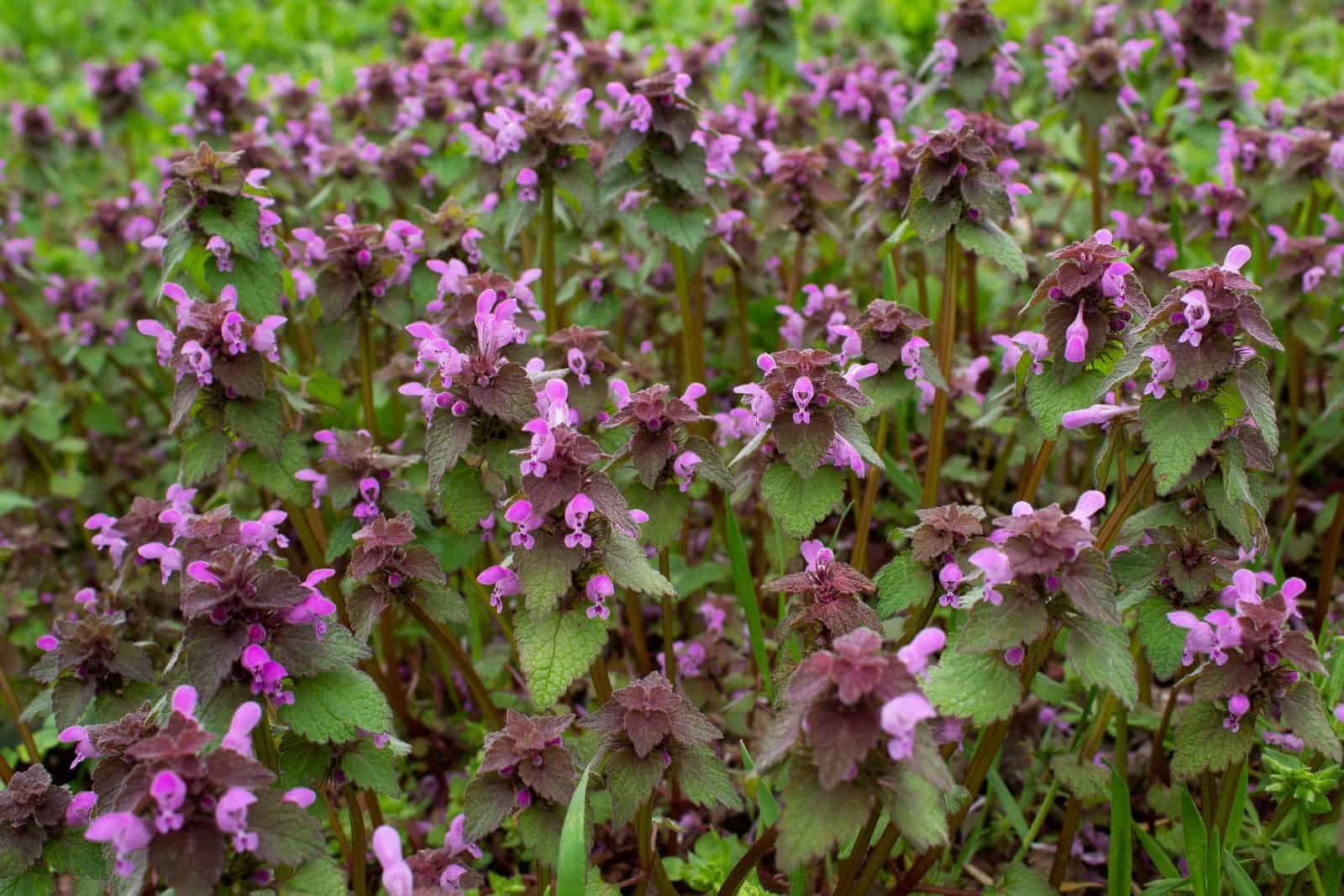
Lamium, typically commonly known as Lifeless Nettle, is a low-growing flooring cowl with silvery, variegated leaves that brighten shaded spots. This perennial prefers eager on full shade and spreads quickly, providing dense soil safety that blocks weeds. Lifeless Nettle prefers occasional watering to keep up its foliage vibrant, significantly in hotter months. A light-weight trim after the bloom season helps administration its unfold and encourages latest progress.
Hardiness Zones – 4 to eight
Barrenwort (Epimedium)
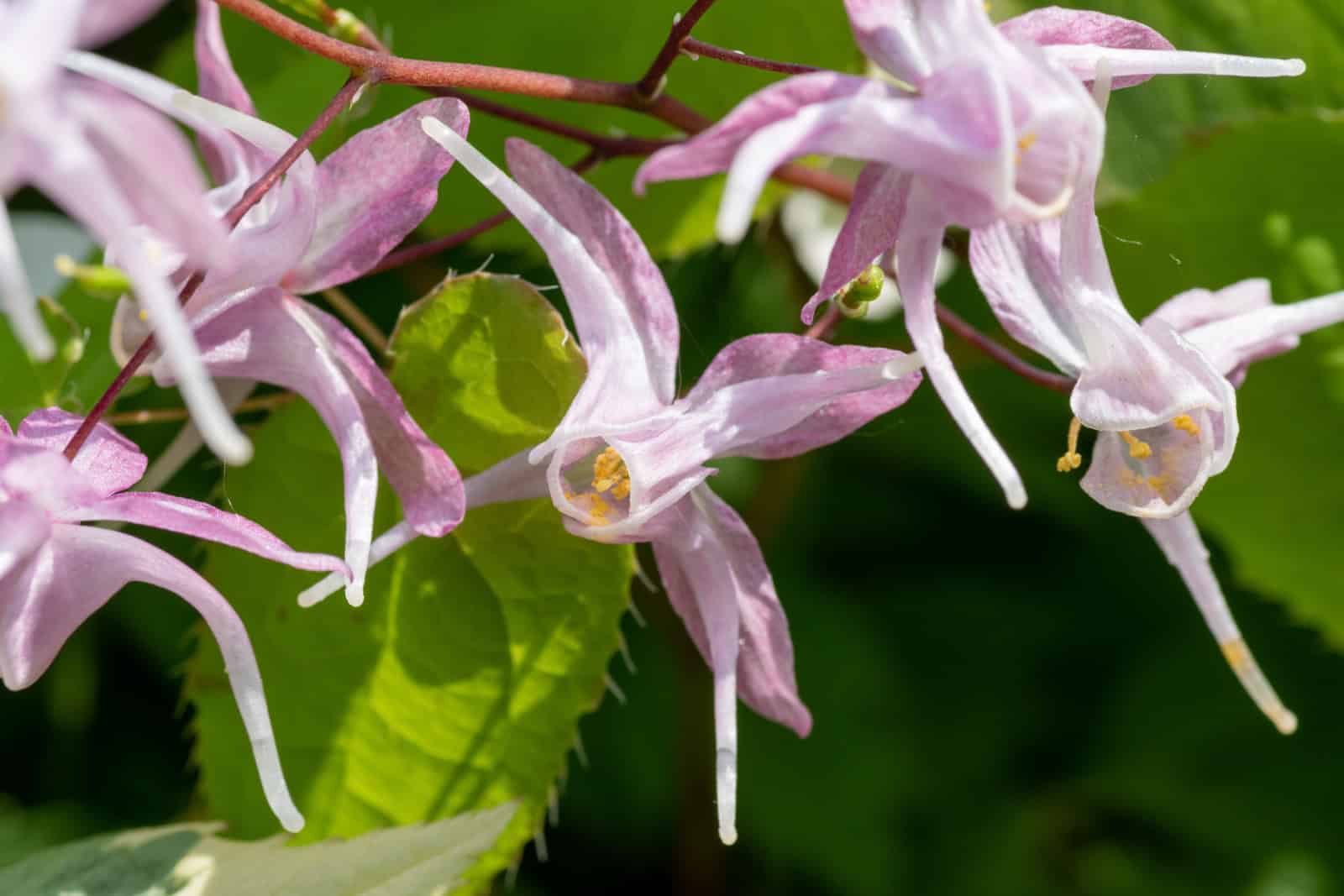
Barrenwort, normally known as Epimedium, is a tough, shade-loving perennial that’s as wise because it’s charming. With its heart-shaped leaves and dainty star-like flowers, it brings a contact of sophistication to shady spots. As quickly because it takes root, Barrenwort sorts thick branches that naturally block daylight, making it laborious for weeds to develop. Occasional trimming and minimal watering maintain this resilient plant in peak sort.
Hardiness Zones – 4 to eight
Sweet Woodruff
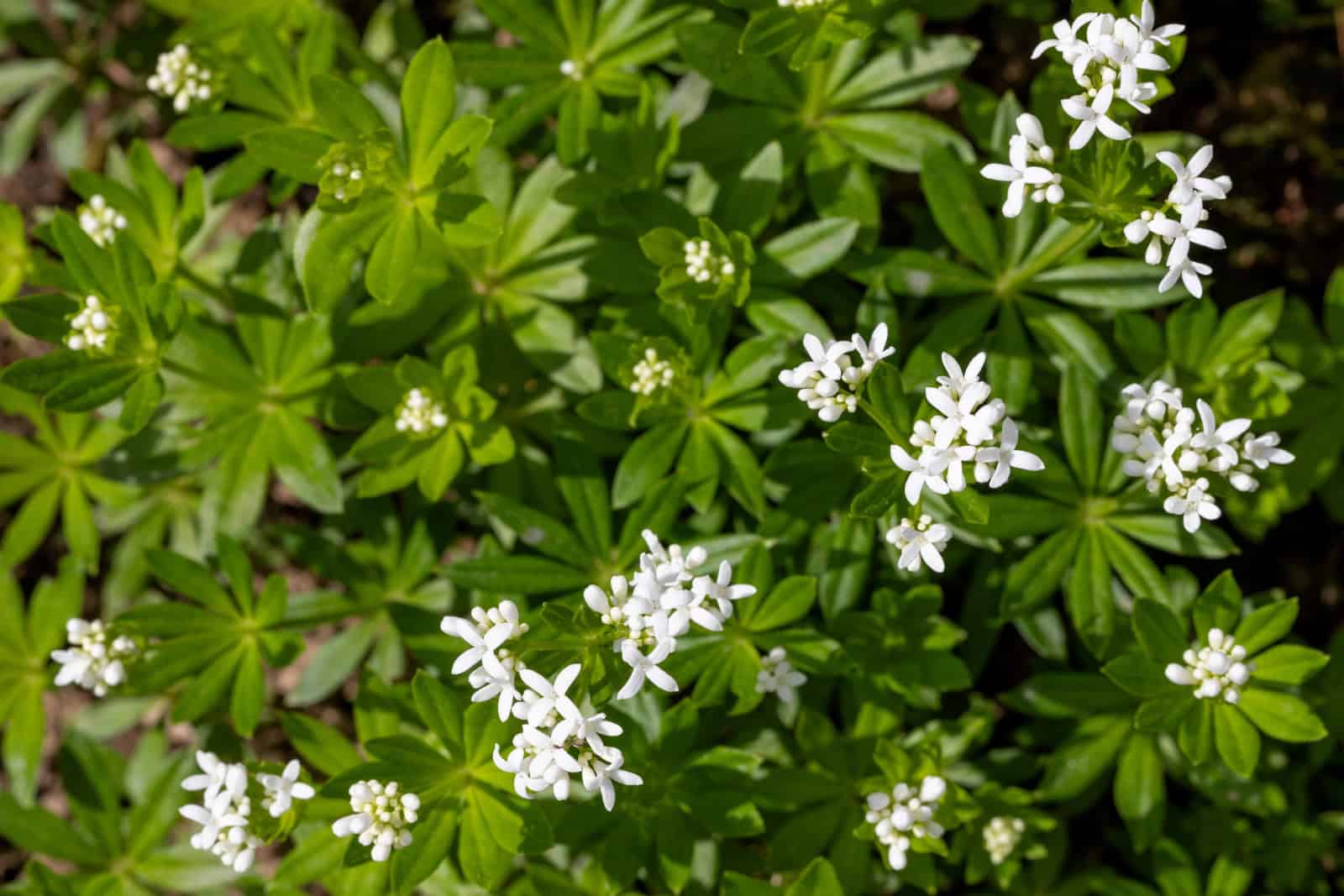
Sweet Woodruff is a fast-spreading flooring cowl with small white flowers and vibrant inexperienced leaves. It thrives in eager on full shade and efficiently fills bare areas, making it powerful for weeds to take root. These crops are generally utilized in woodland gardens for his or her low repairs requirements and good fragrance.
Hardiness Zones – 4 to 9
Bugleweed (Ajuga)

Bugleweed, or Ajuga, is a hardy perennial recognized for its tight, vibrant foliage and hanging blue flowers. This plant prefers partial shade, though it can in all probability cope with some photo voltaic. Bugleweed quickly sorts a dense carpet that daunts weeds from rising. Its fast-growing habits makes it very good for filling in bare areas the place weeds may appear. Ajuga appreciates occasional watering and will have light pruning after flowering to encourage progress.
Hardiness Zones – 3 to 10
Sedge (Carex)
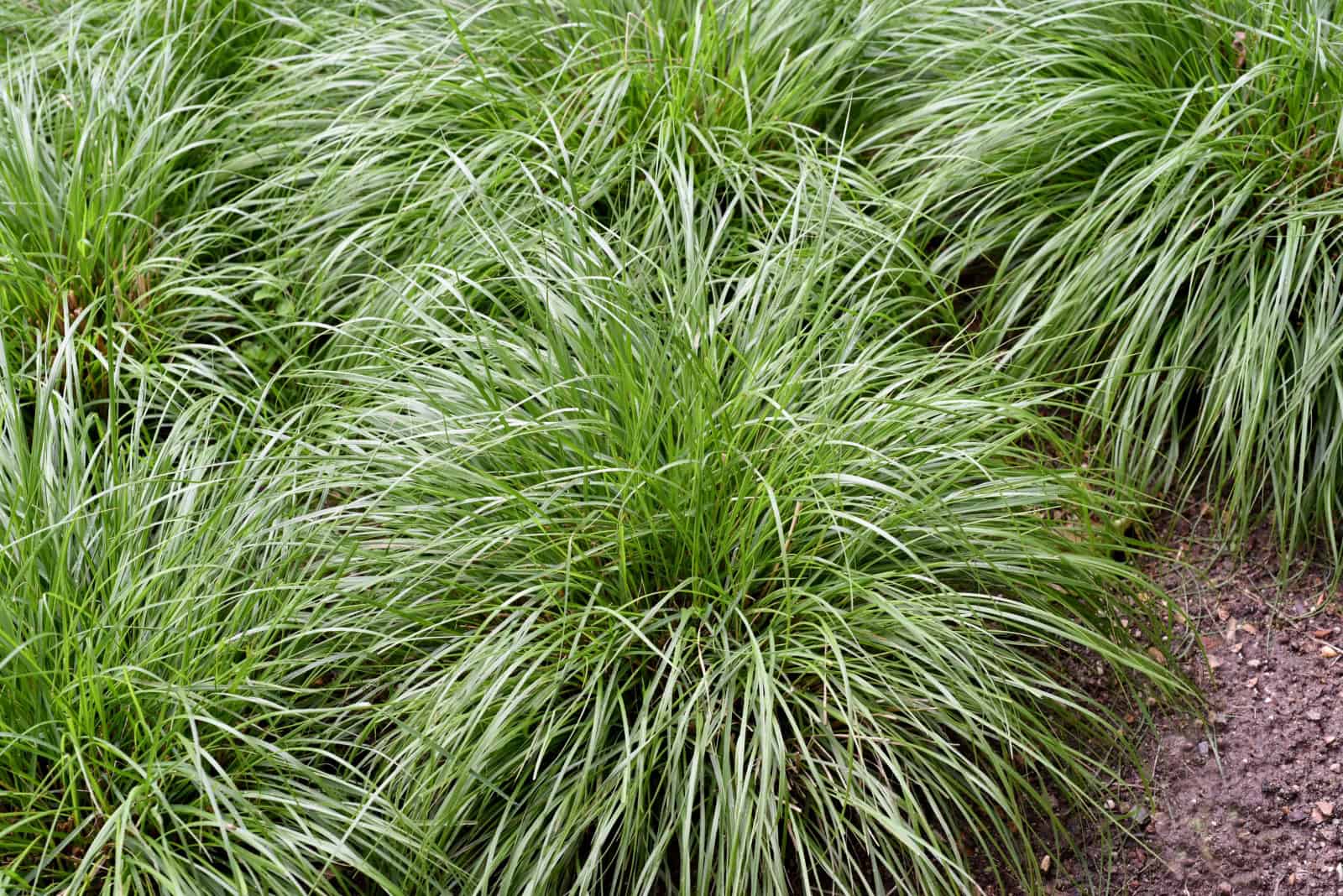
Sedge is a hardy, grass-like perennial that thrives in shaded areas, providing wonderful flooring cowl to suppress weeds. Its dense, tufted foliage sorts a fragile, flowing blanket that shades the soil, making it powerful for weeds to develop. Sedge adapts successfully to numerous soil varieties nevertheless prefers moist, well-drained circumstances. Occasional watering all through prolonged dry spells and a quick trim of ineffective foliage in spring help maintain it attempting lush.
Hardiness Zones – 3 to 9
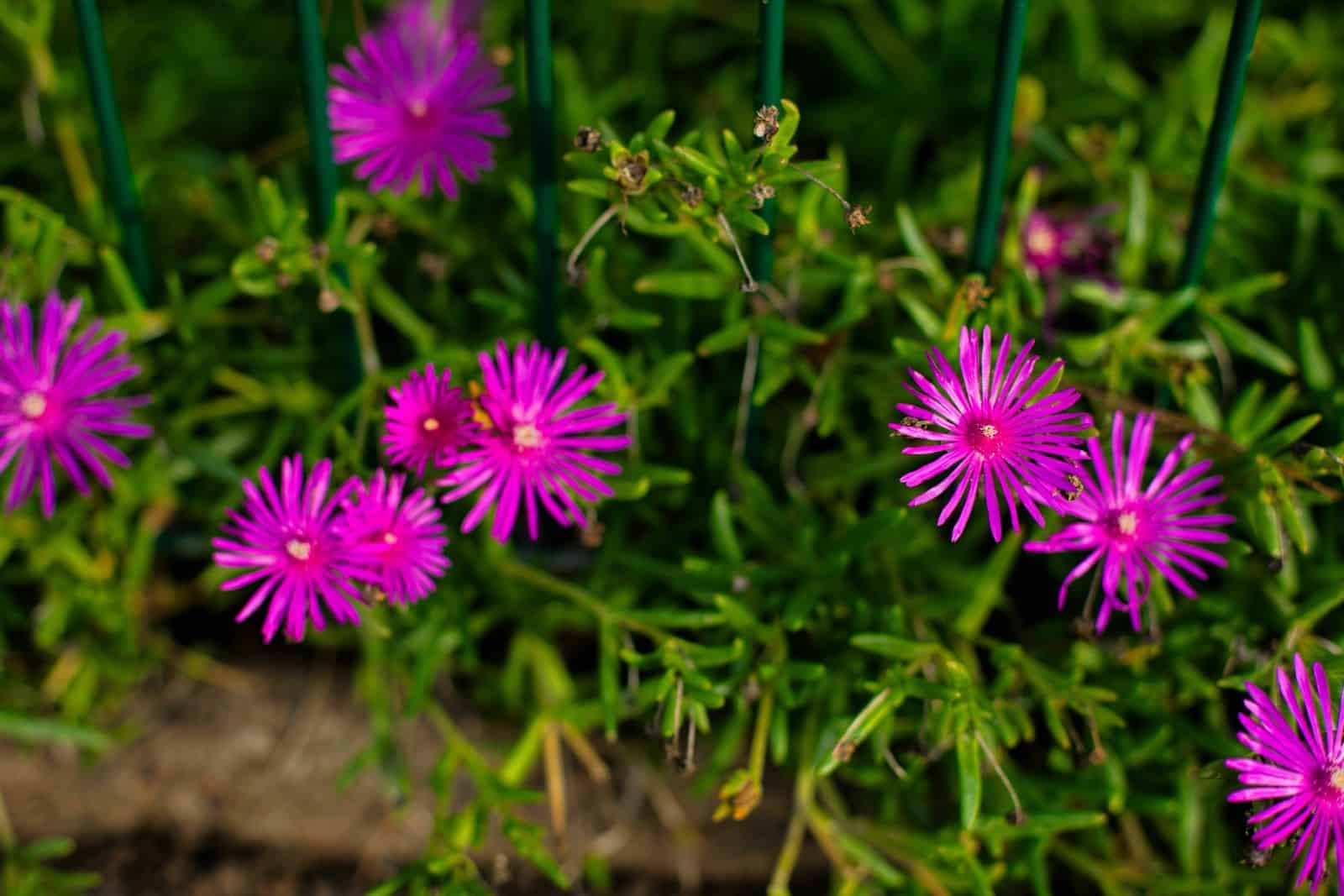

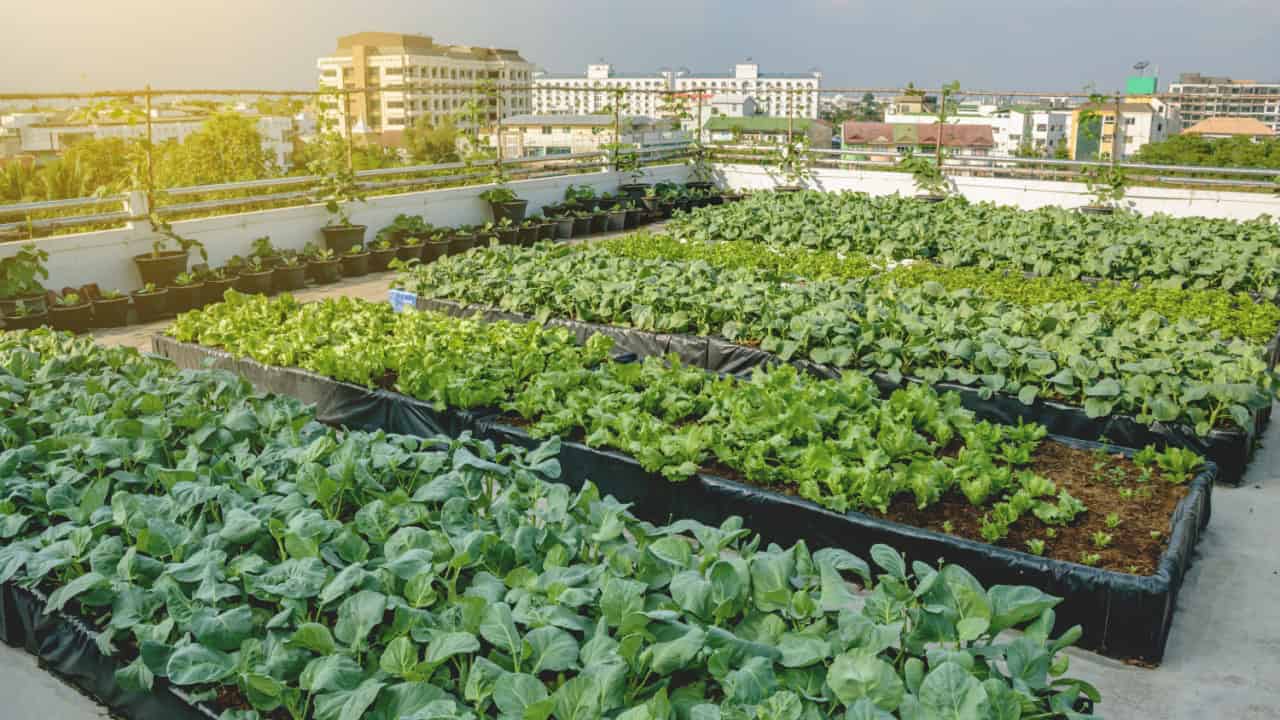
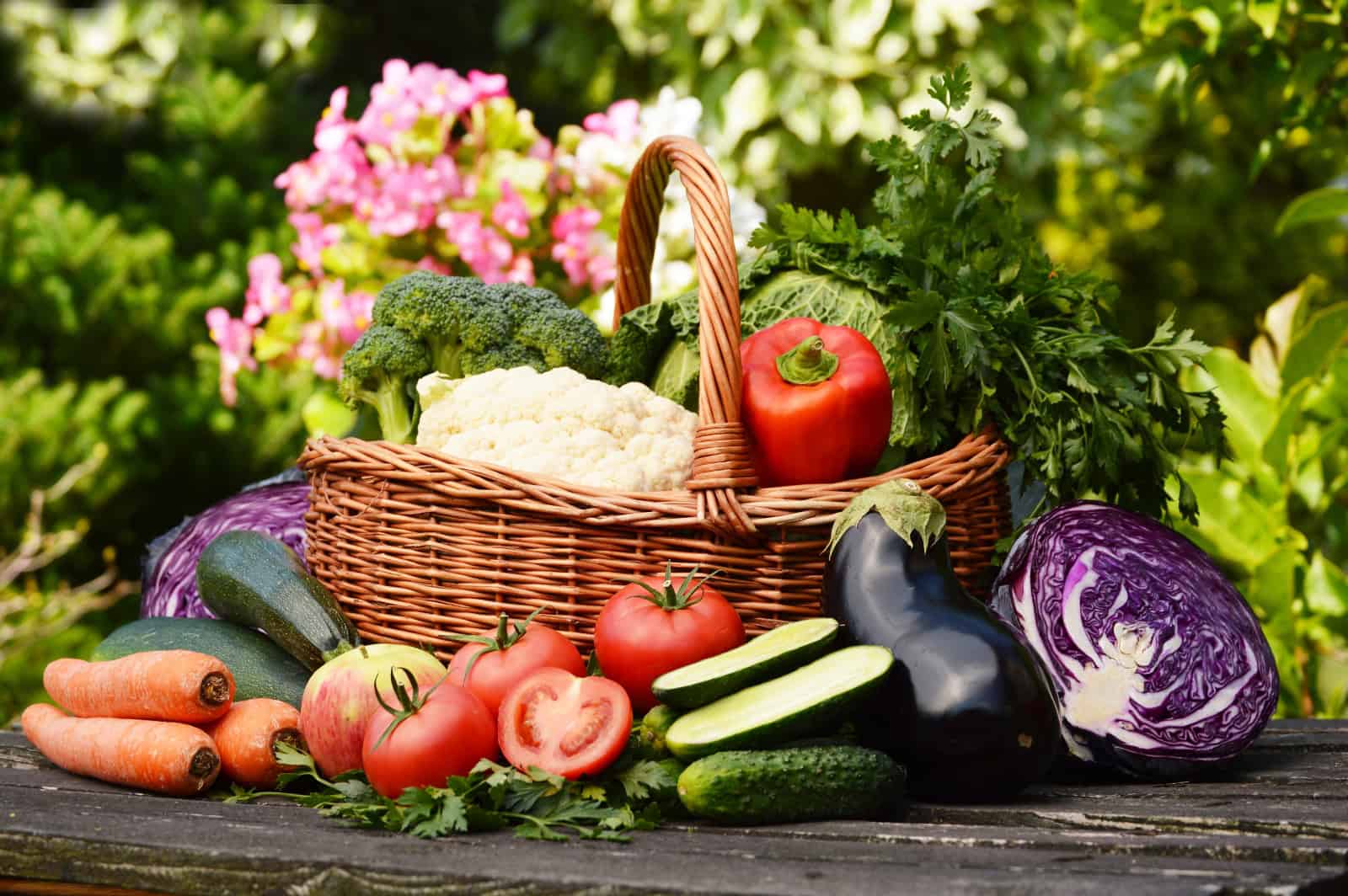
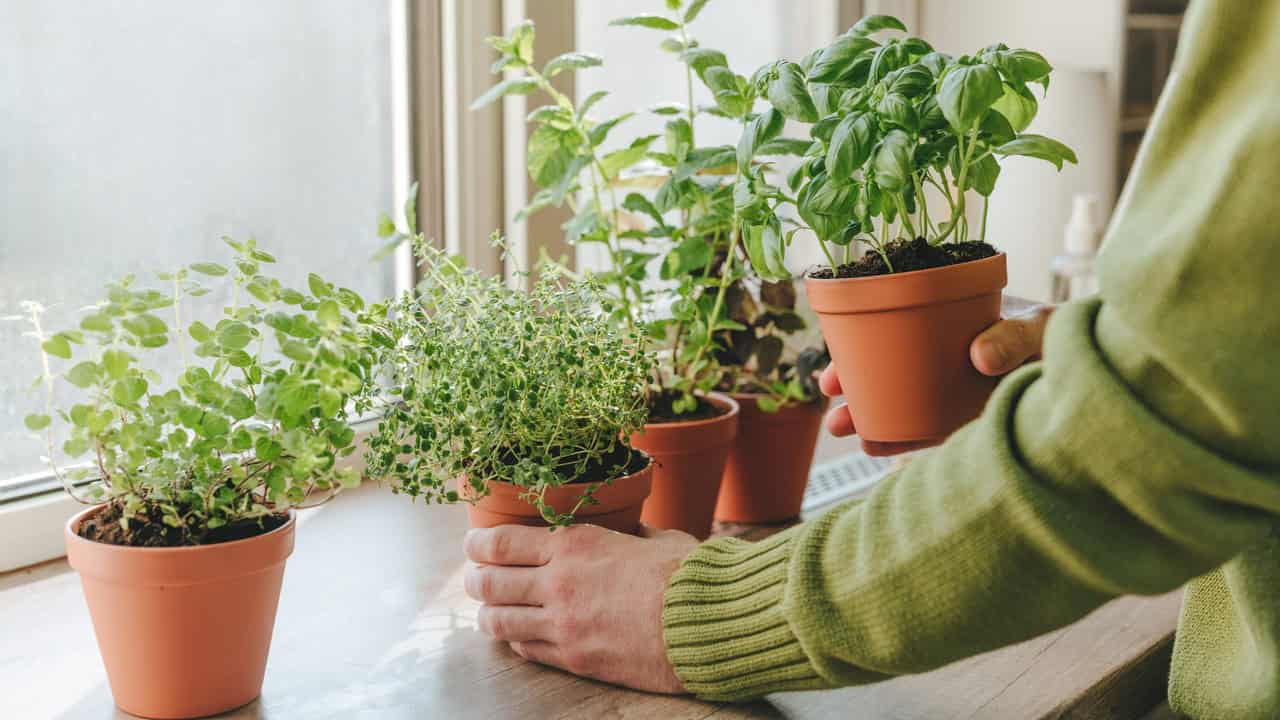
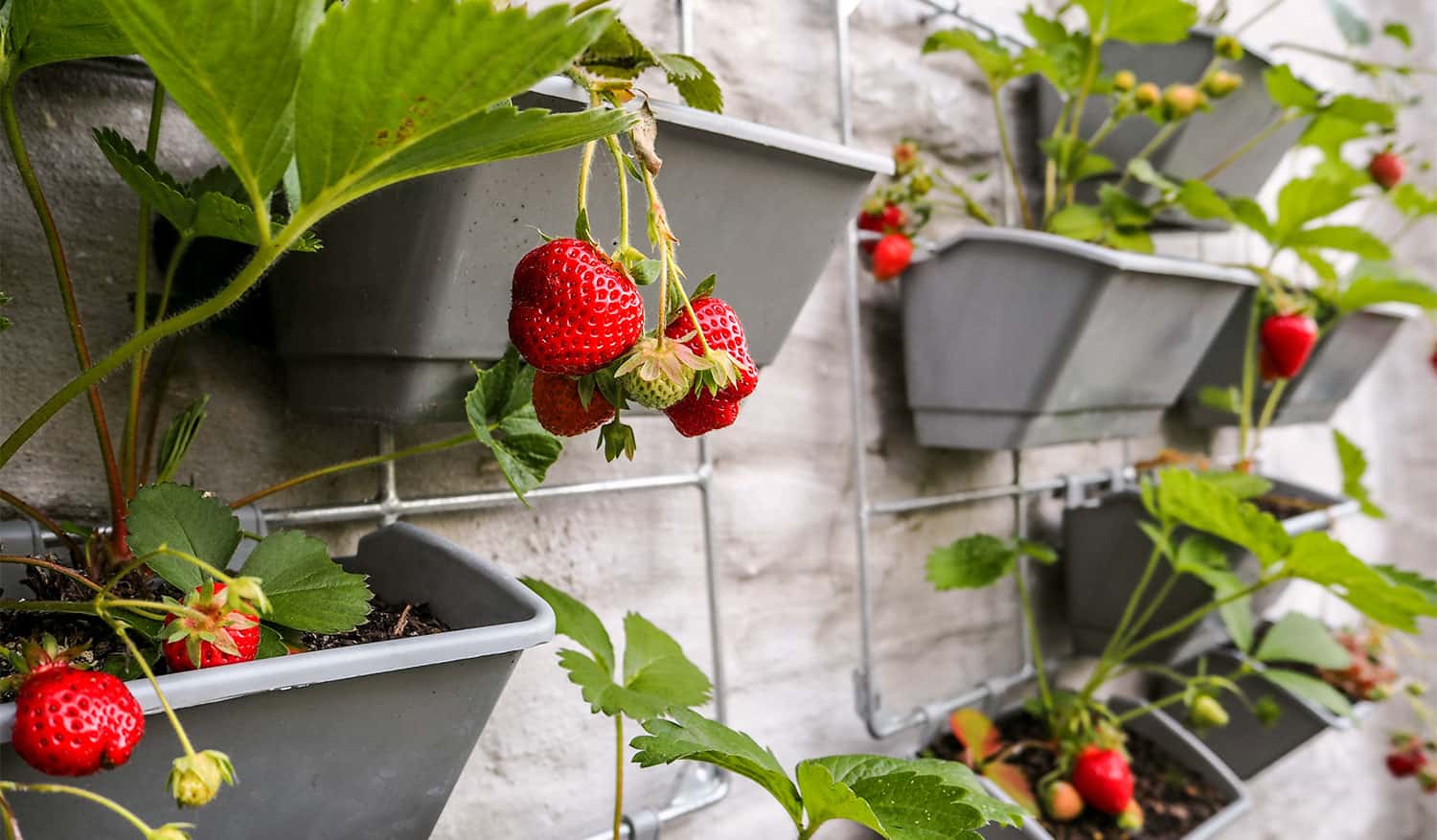
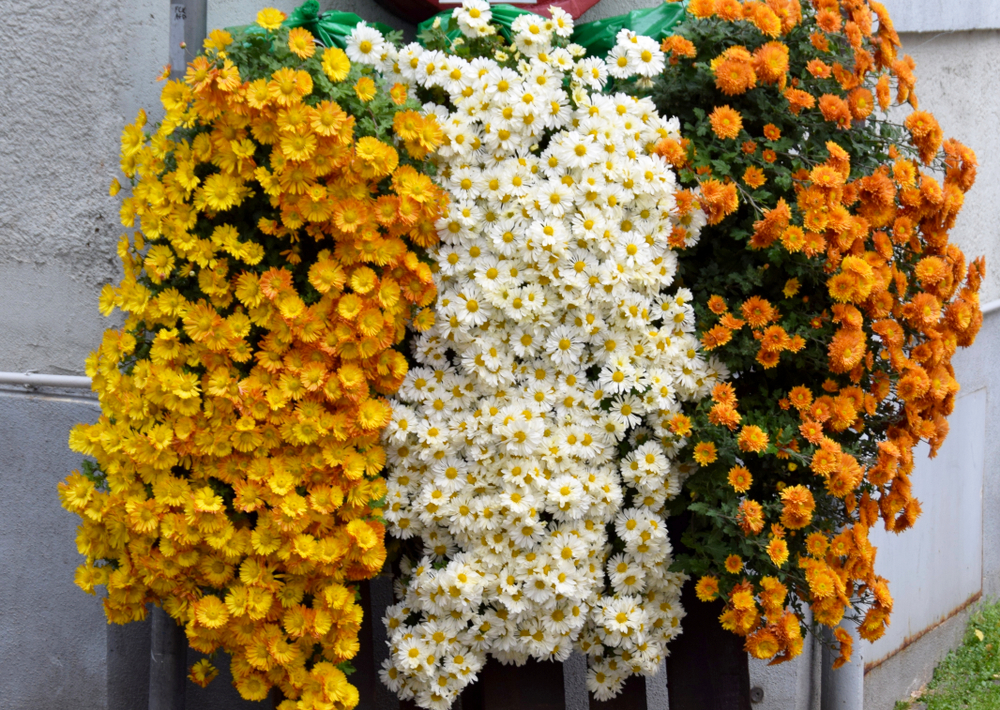
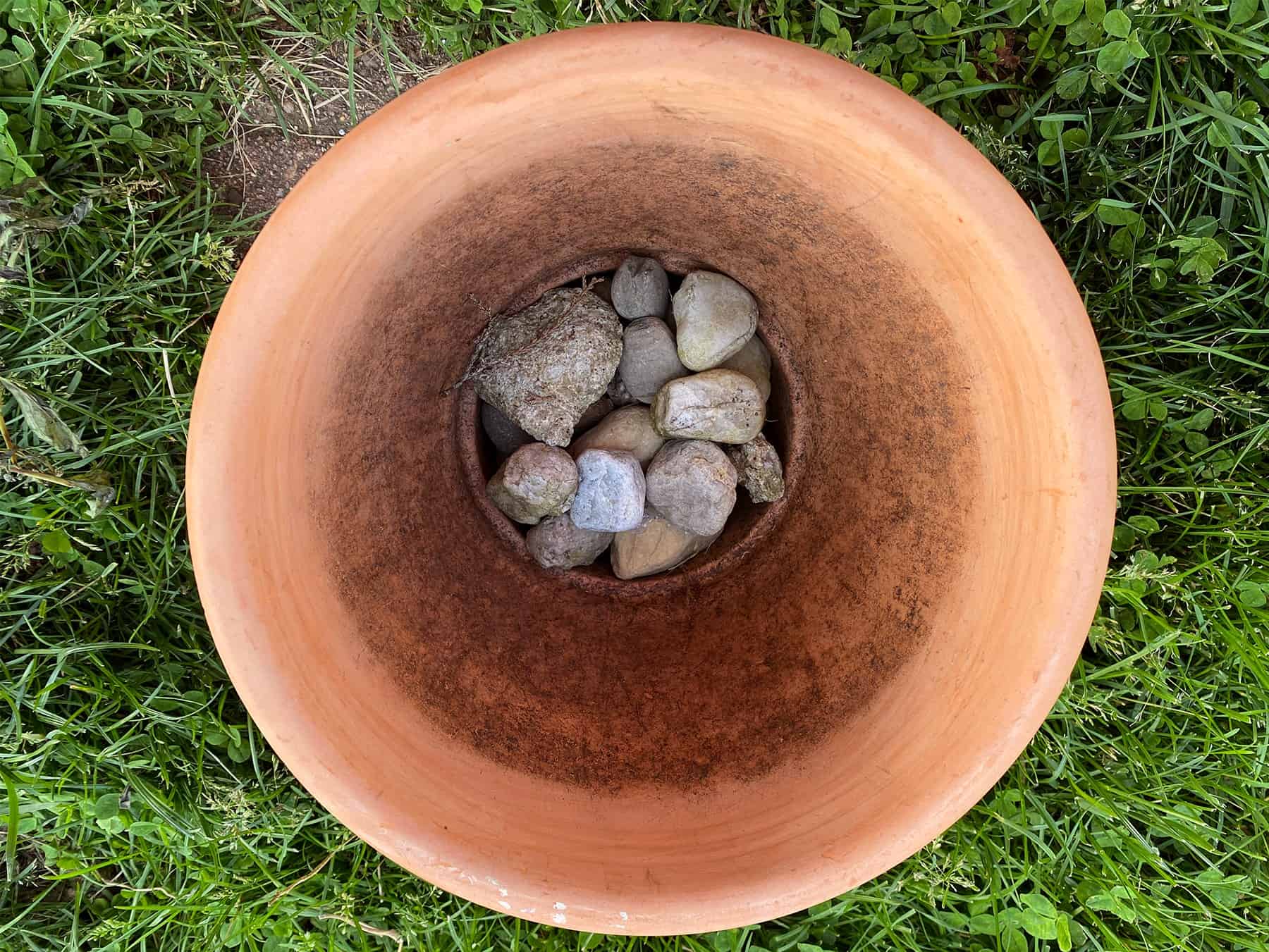
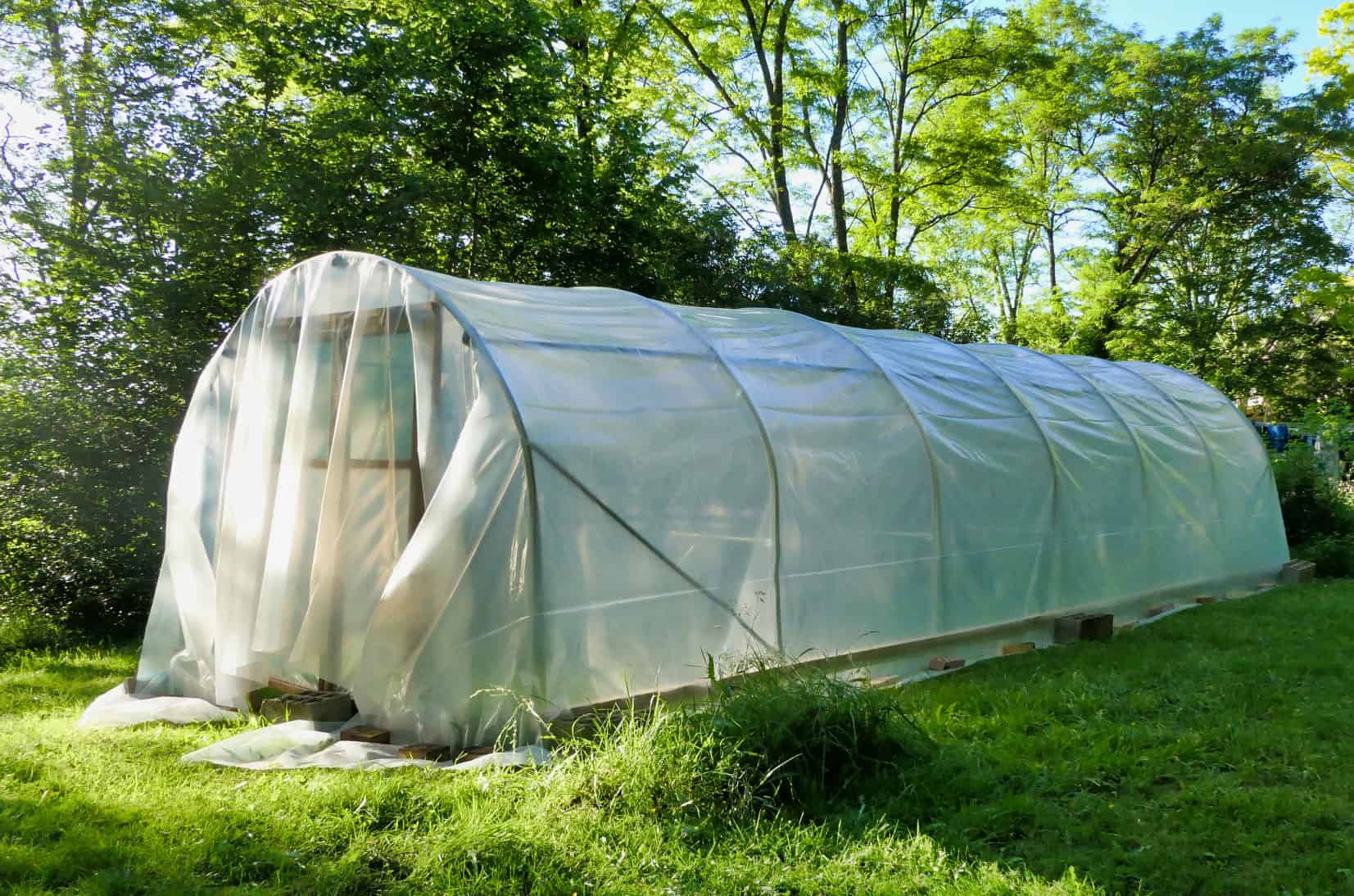

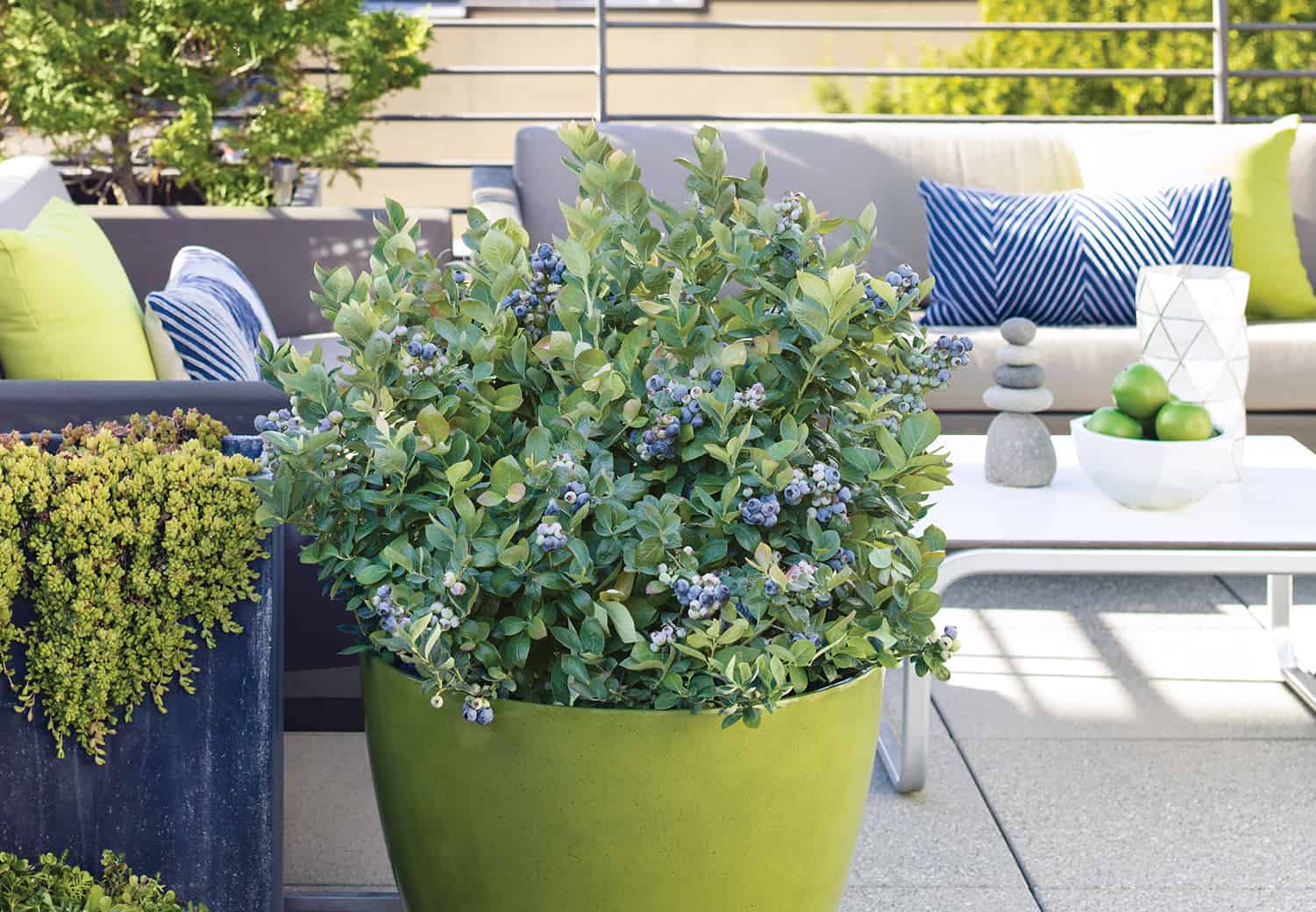

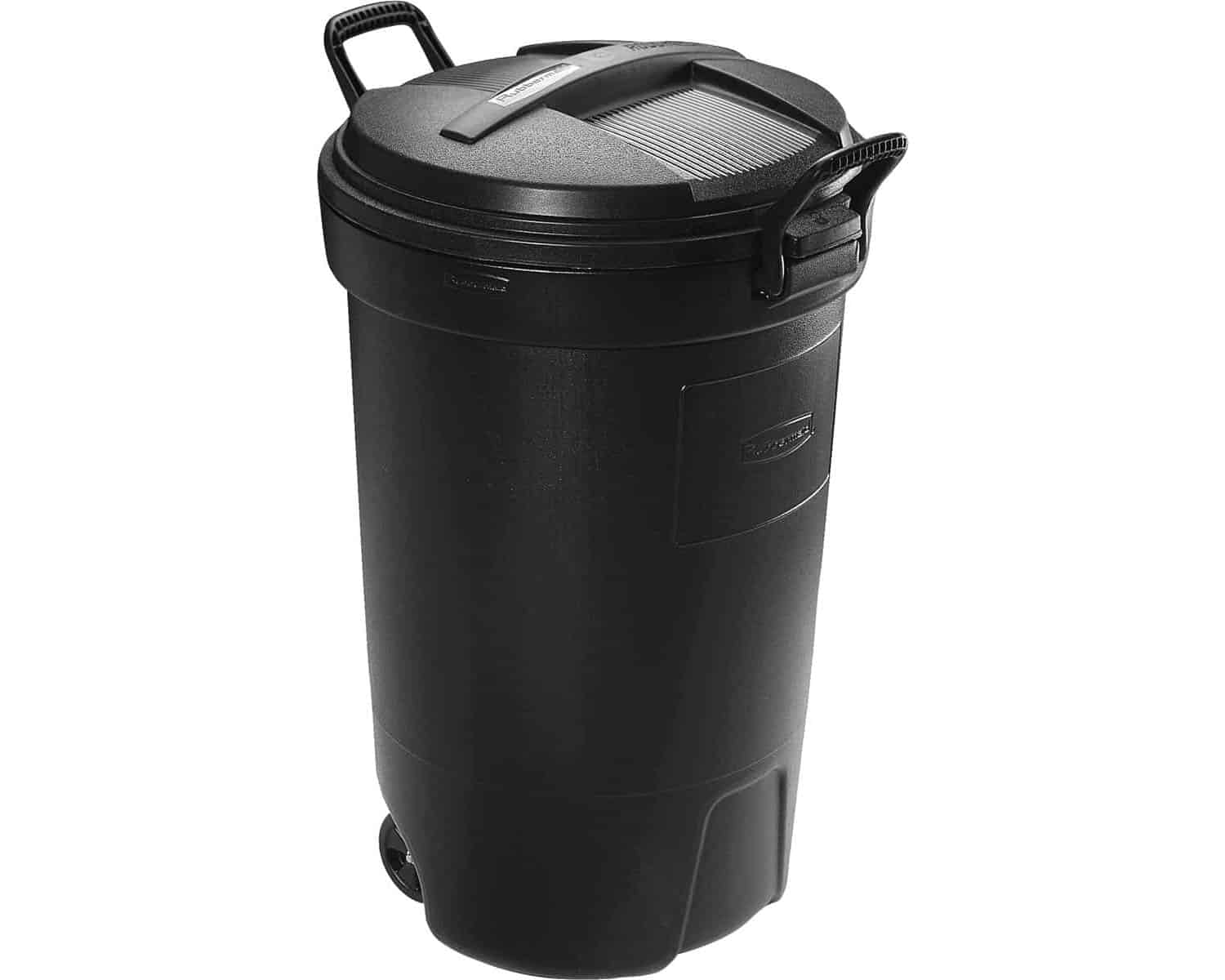
Leave a Reply